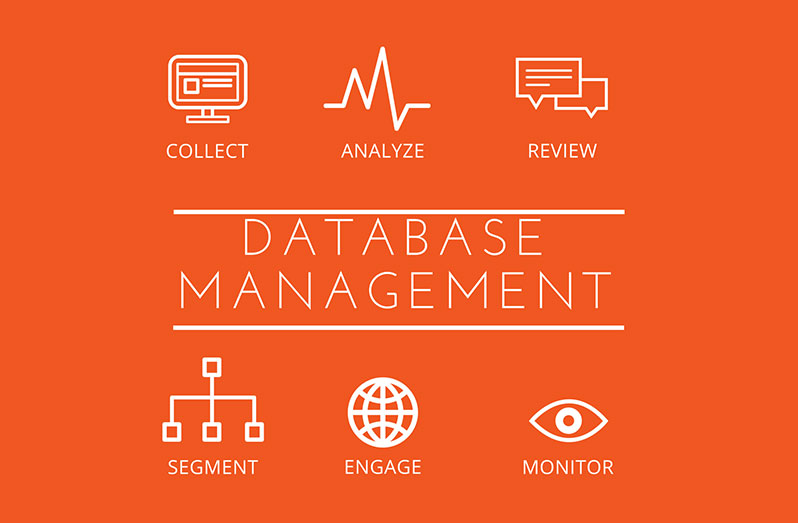THE Brickdam Police Station was completely gutted due to a recent fire and while it’s a sad sight to see, my mind ponders beyond the physical infrastructural loss. It’s quite a tragedy and when major disasters such as these occur, it usually disrupts the entire system of service delivery—might I add the quality of such service delivery. You may be wondering, what other loss are we faced with due to the fire? First, to understand what that loss is, we need to understand that Guyana has an outdated paper-based system of documentation and accounting. I was first enlightened about this when I worked on a practicum for UG at the Probation Department. Social workers have to manually document (write) every single event that occurs during counselling, home visits and investigative reports. It is time-consuming which can be deemed inefficient. This also resulted in very labouring work for the social workers. Depending on the situation, one case can have a worker writing for hours behind their desk. That’s not productive labour, especially if there are easier documentation methods that can be utilised, such as software and database storage.

I am now assuming that the Guyana Police Force utilises the same method of documentation. As I write this post, I’m taking a few steps back to think about all of the sensitive documents, paper trails, and evidence destroyed in that fire (if I am correct about paper-based documentation for the police force). Being a Third World country should no longer be an excuse. It’s sad that we mostly or act to get our rational thoughts together after a tragedy. I hope that stops sooner than later. Where does this leave those victims with the success of their cases centred around one document? Will those police officers be paid overtime to retrieve and/or remake all of those documents? What if a victim was only mentally able to speak on the record ONCE? Are all of those cases that were lodged through that station now “tainted”? Do we even think about the victims before setting up security and social services? Or, do we do so just because it’s a requirement to be a signatory for international aid? That is the real loss for our country. A new and improved building will probably be constructed shortly, but workers and victims alike won’t retrieve the time, energy and resources used to build cases and claims.
For our public servants’ sanity and for the sake of justice for the disadvantaged, we should develop electronic database systems. Not only will it make the jobs of social workers and police less taxing, but it will also help us to detect missing data, find information faster and most importantly, prevent sensitive information from getting destroyed. While we’re at it, carbon copies of documents are not a solution. The earth is dying and that simply adds more industrial paper usage to our environment. The service social workers and the police provide should be of the best standard in our country. It should be an envious model by other countries. Some of our laws and legislation seem progressive on paper, but there’s always a gap and fault regarding practicality. That very gap is where our victims “slip and fall” through. As we recover from these losses as a nation, I hope conversations such as these are encouraged. Let’s utilise better technology to help victims and workers alike.












